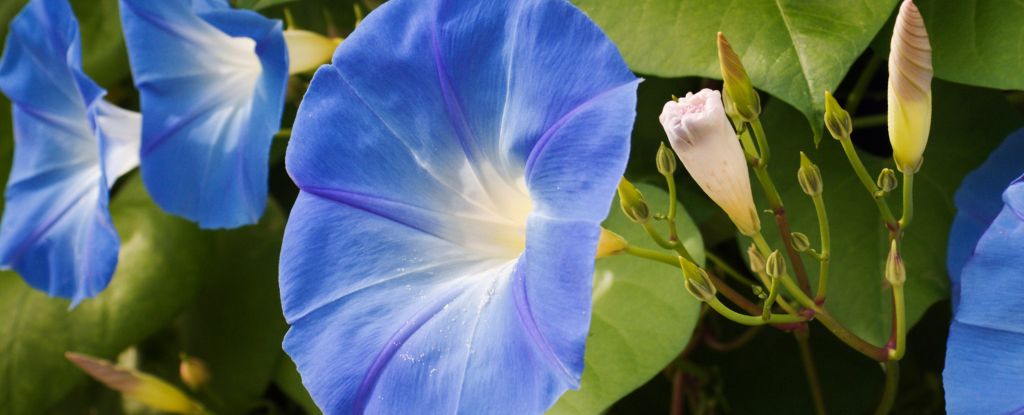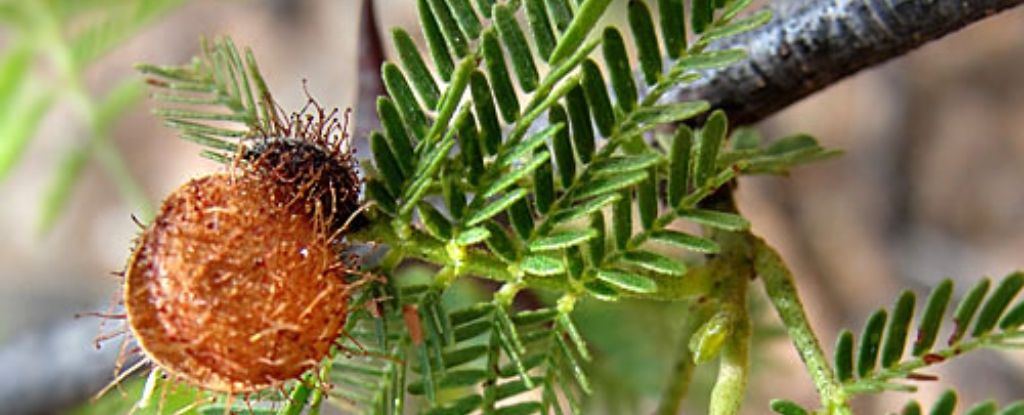Misc. news stories
A new study has found that a psychedelic formulation inspired by ayahuasca can significantly alter how the brain processes faces—especially one’s own. The research shows that the compound changes both early visual perception and later self-referential processing, effectively weakening the brain’s usual distinction between self and others.

Ketamine leads to increased communication between areas of the brain that don’t typically engage with each other, new research suggests.
A small pilot study published in the journal Psychedelic Medicine suggests that psilocybin-assisted psychotherapy might help reduce depressive symptoms in people with bipolar II disorder who have not responded to conventional treatments.
A new study published in the Journal of Psychopharmacology suggests that a single high dose of psilocybin, combined with psychological support, can lead to reductions in alcohol use among people with severe alcohol use disorder.
A new study published in Psychology of Religion and Spirituality explores how psychedelic experiences relate to people’s spiritual struggles. Some participants associated their experiences with a sense of spiritual growth, while others described feelings of disconnection or confusion. The findings suggest that psychedelics may be associated with both the intensification and resolution of spiritual conflict, depending on individual differences and the nature of the experience
An online survey of ayahuasca users found that non-religious individuals tend to become more religious after experiencing entity encounters while under the influence of the substance. Although men were less likely to be religious before these experiences, gender differences in religious beliefs disappeared after the encounters. The research was published in the Journal of Psychoactive Drugs.

Yet another attempt to inject sanity into Britain’s archaic drug laws has failed. The mayor of London, Sadiq Khan, last month accepted Lord Falconer’s modest proposal to decriminalise the possession of small amounts of cannabis. He was stamped on yet again by that citadel of reaction, the Home Office, and its boss, Yvette Cooper.

An elusive fungus capable of generating quantities of a compound used to synthesize the hallucinogen LSD has finally been discovered on the morning glory vine after decades of searching. The research is published in Mycologia.
A new study published in Molecular Psychiatry provides preliminary evidence that cannabidiol, a compound derived from cannabis, may reduce cognitive decline and brain pathology in a mouse model of Alzheimer’s disease.

Data and findings are not always shared openly in science. Sometimes, researchers hoard those data and provide little to no access to colleagues from their field…The so-called “Gollum effect” hampers collaborations and harms the careers of less established researchers, claims the team.Their results are published in the journal One Earth.

Once stigmatized and outlawed, psychedelics are moving from the counterculture to the mainstream…Psychedelics are becoming big business. Just as private capital flooded the cannabis sector years ago, a psychedelic gold rush is underway.
A new study published in Communications Biology sheds light on how the psychedelic compound DMT changes the brain’s dynamic behavior. Researchers found that DMT reduces the amount of energy the brain needs to switch between different activity states.
A new case report published in Clinical Neurophysiology describes the first known administration of psilocybin—a psychedelic compound found in certain mushrooms—to a woman in a minimally conscious state.

Long used in Indigenous Brazilian rituals, the jurema preta plant, which contains a potent psychedelic, is gaining ground as a potential treatment for depression. The findings were published in the scientific journal Nature in April.
A recent study published in the Journal of Affective Disorders has found that chronic opioid use may interfere with the brain’s ability to generate a placebo antidepressant response, but does not seem to reduce the effectiveness of ketamine.
A small pilot study has found that psilocybin, the active compound in psychedelic mushrooms, may improve not only mood but also cognitive and motor symptoms in individuals with Parkinson’s disease. The results surprised the research team, who initially aimed only to evaluate the drug’s safety. Instead, participants experienced noticeable improvements that lasted for weeks following a single high-dose session.








